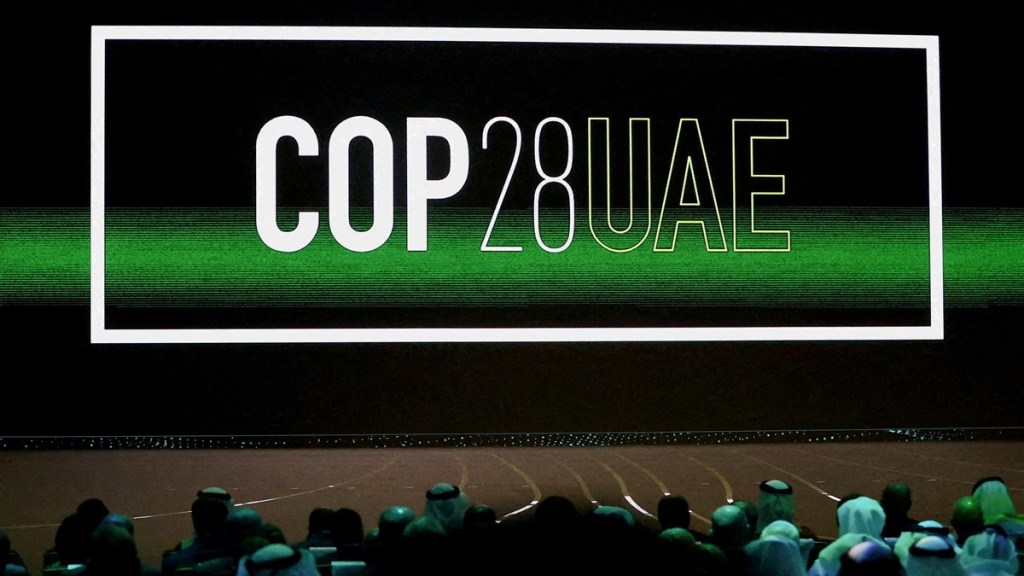The upcoming COP28 Summit in Dubai, brings together nations from around the globe to address critical climate issues. Here’s a breakdown of what to expect from major players in this crucial environmental conference.
Fast-Developing Countries’ Perspectives:
Brazil, South Africa, India, and China, forming a bloc, seek increased climate financing and equity through the UNFCCC principle of “common but differentiated responsibilities.” Differing opinions within this bloc highlight challenges, such as India’s proposal to include oil and gas in the coal phase-down deal facing resistance.
China’s Dual Role:
China stands as a unique player, leading both in renewable energy capacity and coal consumption. Responsible for a significant 30% of global emissions, China faces climate change impacts. In negotiations, Beijing emphasizes the responsibility of developed nations, particularly the US, to lead in climate policy and finance. Despite its economic prowess, China positions itself as a developing nation in climate talks.
US’s Green Initiatives:
The US, the second-largest emitter globally, arrives at COP28 amid the implementation of a substantial subsidy package for electric vehicles and green products. The Inflation Reduction Act aims to triple the country’s clean energy capacity by 2030. The US supports a deal to phase out CO2-emitting fossil fuels but faces scrutiny for its stance on climate finance, advocating for a new fund without obligatory contributions.
European Union’s Ambitious Goals:
The EU, with a negotiating stance among the most ambitious, aims to triple renewable capacity, phase out fossil fuels, and transition to renewable-powered electricity grids by the 2030s. However, disagreements arise over the climate damage fund, with the EU wanting contributions from major economies like China, which opposes this approach.
UK’s Similar Asks and Policy Questions:
Despite leaving the EU, the UK aligns its goals with the bloc, emphasizing the phasing out of fossil fuels and the expansion of renewable energy. However, recent policy decisions, including the approval of oil and gas exploration licenses, raise questions about the UK’s commitment to its climate targets.
Negotiating Bloc Dynamics:
G77 + China: This alliance asserts that richer countries bear a greater responsibility for CO2 cuts. The question arises whether this bloc will remain united as smaller, vulnerable nations demand urgent climate action.
African Group of Negotiators: African countries advocate for climate finance and mechanisms to expedite green energy projects, revealing internal differences on fossil fuel production.
Alliance of Small Island States (AOSIS): AOSIS prioritizes loss and damage finance and urges the phasing out of fossil fuels to limit global warming to 1.5 Celsius, given the disproportionate vulnerability of its members to climate effects.
High-Ambition Coalition: Comprising nations like the US and the EU, this group advocates for ambitious emissions targets, including halting new coal plants and peaking global emissions before 2025.
Least-Developed Country Group: Comprising 46 highly vulnerable nations, this group emphasizes addressing loss and damage and doubling financing from rich nations for climate adaptation.
Independent Alliance of Latin America and the Caribbean (AILAC): Aligned with other developing countries, AILAC calls for greater climate ambition and increased funding.
As COP28 unfolds, the world watches to see how these diverse perspectives and priorities will shape global efforts to combat climate change.

